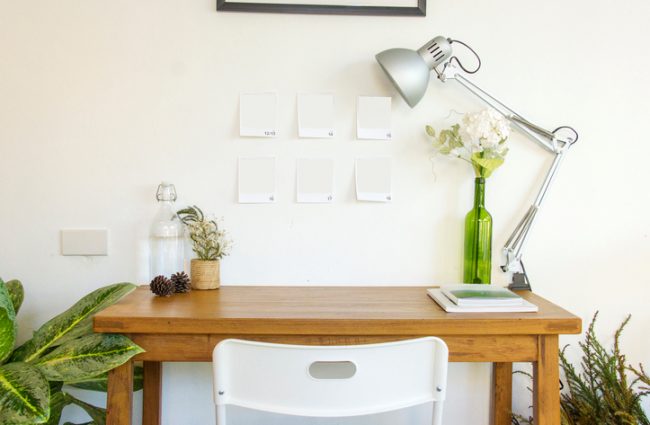Have you ever entertained the suspicion that without the abundant clutter of material possessions you’re free to prioritize more of the stuff that matters: family, hobbies and thrilling adventures?
Or do you have the almost daily experience of when you need something, you inevitably must go on a quest for it?
In short, are you suffering from stuffocation, soul loss due to too much stuff?
With the excesses of the holidays behind us, it’s time to start the new year on a lighter, more streamlined note. Downsizing is unquestionably good for both mind and body. Not only does it reduce your risk for falls and help cut down on dust and germs, it can boost your energy and even help you lose weight.
But clutter can mean different things to different people. It’s not necessarily the distinction between trash and treasure. It can represent old memories, or a scarcity mindset, holding onto items in the hope of someday needing them. It can be the emotional residue of other people’s belongings, or anything that you feel obliged to keep even if it doesn’t “spark joy,” to use world renown organization consultant and author Marie Kondo’s mantra.
In the end, identifying clutter has more to do with how you receive it inwardly than how it looks on the outside. Once you have targeted the zones that make you feel congested, it’s time to figure out what you are ready to let go of. Here’s why.
Lose the extra
According to studies by the National Institute of Health there is a connection between overeating and hoarding. In both cases, there is avoidance of what seems unpleasant, be it limiting food consumption—or possessions. The converse may also be true: that when you start to shed the clutter the pounds follow.
Both decluttering and weight loss are based on the same life change stance—the decision to put an end to excessive consumption.
Feng Shui, the Chinese art of placement, is based on the belief that our homes mirror our emotional state. In this system, clutter represents stagnant energy. The corollary of a cluttered home is internal clutter, which can manifest physically, mentally or emotionally.
Minimize stress
Although it may be on a subconscious level, messy homes and work spaces can leave us feeling anxious, helpless and overwhelmed. Clutter is an underrated but significant source of stress in our lives. It functions as a constant reminder of work that needs to be finished. Visually, our eyes have no place to rest. Plus, when things are difficult to find, or can’t be found, stress levels and fatigue increase.
Create more time and space
Not only does less clutter mean less time spent looking for items, it also means more space for living—and hopefully playing. Instead of wanting a bigger home, as it turns out that almost half of Americans long for, you can feel like you have more space by getting rid of “filler.”
Get energized
Professional organizers say most of their clients describe their reaction to their mess in terms of an energy drain. A more streamlined space can encourage focus and ultimately productivity. A study published in The Journal of Neuroscience showed that an uncluttered environment amplified people’s ability to process information as effectively as possible.
Take self-care seriously
Caring for your environment can often coincide with the impulse to take better care of yourself. It’s empowering to make decisions about what has meaning for you, rather than just being a hapless victim that “stuff” happens to. When you begin to see you can have an effect on your life in one area, it tends to inspire you to take action in other areas of your life. Whether you start small or go big, clearing out the old can pave the way for the new to enter—in surprising, delightful ways that you can’t even imagine till you make the space for it.

